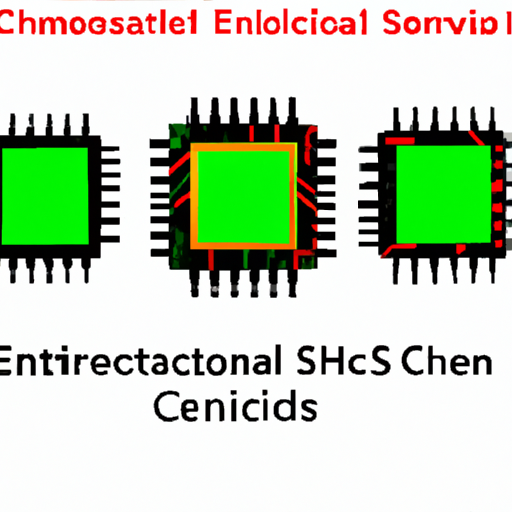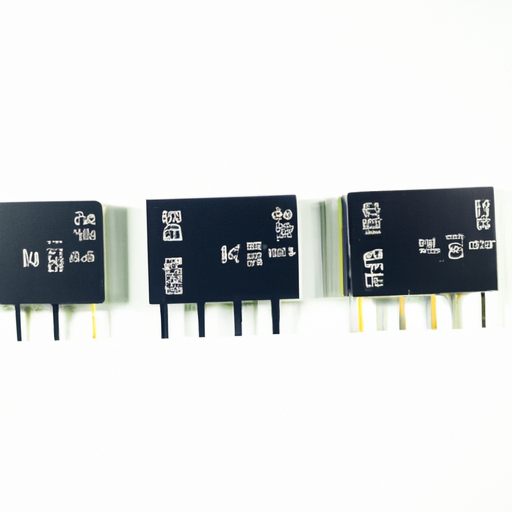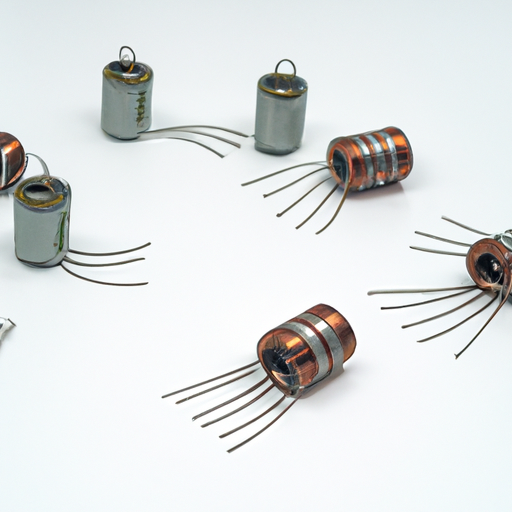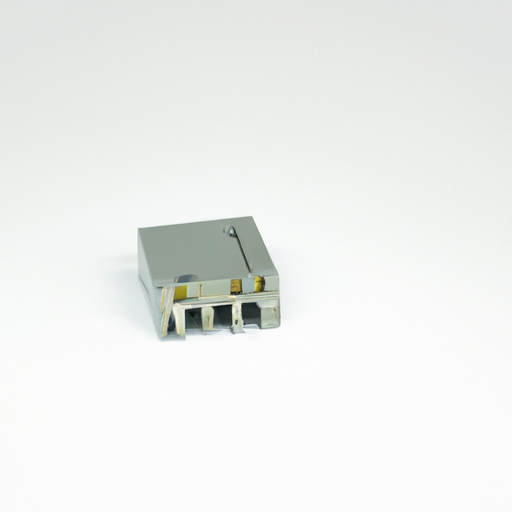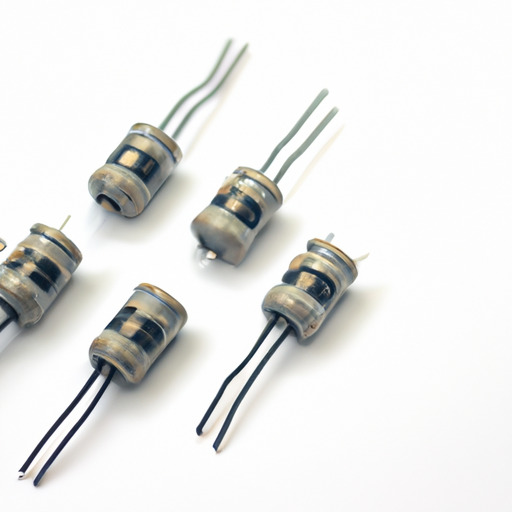Overview of S6008L Resistors
The S6008L resistors are a specific type of resistor that may be utilized in various electronic applications. While detailed articles or case studies specifically on the S6008L resistors may not be readily available, we can explore the general principles of resistor technology and highlight effective application development cases that demonstrate their importance in electronic design.
Core Functional Technology of Resistors
1. **Basic Functionality**: Resistors are fundamental components in electronic circuits, primarily used to limit current flow and divide voltages. Their resistance is measured in ohms (Ω), and they are essential for controlling electrical parameters in a circuit.
2. **Types of Resistors**:
- **Fixed Resistors**: These resistors have a predetermined resistance value and are widely used in various applications.
- **Variable Resistors**: These include potentiometers and rheostats, allowing for adjustable resistance, which is useful in applications like volume controls.
- **Specialty Resistors**: This category includes thermistors (temperature-sensitive), photoresistors (light-sensitive), and others that respond to environmental changes.
3. **Material Composition**: The performance of resistors is influenced by their material composition. Common materials include:
- **Carbon Composition**: Good for general-purpose applications.
- **Metal Film**: Offers higher precision and stability.
- **Wire-Wound**: Suitable for high-power applications due to their ability to handle higher currents.
4. **Power Rating**: Each resistor has a power rating that indicates the maximum power it can dissipate without failure. This is crucial for ensuring reliability in circuit designs.
5. **Tolerance**: This specification indicates the allowable deviation from the nominal resistance value. Lower tolerance values signify higher precision, which is essential in sensitive applications.
6. **Temperature Coefficient**: This parameter indicates how much the resistance changes with temperature variations, which is critical for applications requiring stable performance across different environmental conditions.
Application Development Cases
1. **Voltage Divider Circuits**: Resistors are integral in voltage divider configurations, allowing designers to obtain specific voltage levels from a higher voltage source. This is particularly useful in sensor applications where precise voltage levels are necessary for accurate signal processing.
2. **Current Limiting in LED Circuits**: Resistors are commonly used to limit the current flowing through LEDs, preventing damage and ensuring optimal brightness. This application is vital in consumer electronics, automotive lighting, and decorative lighting solutions.
3. **Signal Conditioning**: In audio and communication systems, resistors work alongside capacitors and inductors to filter signals, shape frequency responses, and enhance overall signal integrity. This is crucial for high-fidelity audio applications and reliable communication systems.
4. **Transistor Biasing**: Resistors are employed to set the operating point of transistors in amplifier circuits. Proper biasing is essential for linear operation, minimizing distortion, and ensuring high-quality audio output in amplifiers.
5. **Temperature Sensing with Thermistors**: Thermistors, a type of resistor, are widely used in temperature sensing applications. Their resistance changes with temperature, enabling accurate temperature measurements in HVAC systems, industrial processes, and consumer appliances.
6. **Feedback Networks in Operational Amplifiers**: Resistors are critical in feedback networks of operational amplifiers, determining gain and stability. This is essential in precision analog applications, such as instrumentation and control systems.
7. **Power Supply Regulation**: Resistors are used in linear voltage regulators to set output voltage levels and improve load regulation. This is important in power management systems for electronic devices, ensuring stable operation under varying load conditions.
Conclusion
Resistors, including specific types like the S6008L, are indispensable components in electronic circuits, playing a crucial role in controlling current and voltage levels, providing stability, and enabling various functionalities. Their applications span multiple industries, including consumer electronics, automotive, telecommunications, and industrial automation. A thorough understanding of the core technology and effective application cases of resistors can lead to better design choices and enhanced performance in electronic systems. As technology continues to evolve, the role of resistors will remain vital in the development of innovative electronic solutions.

